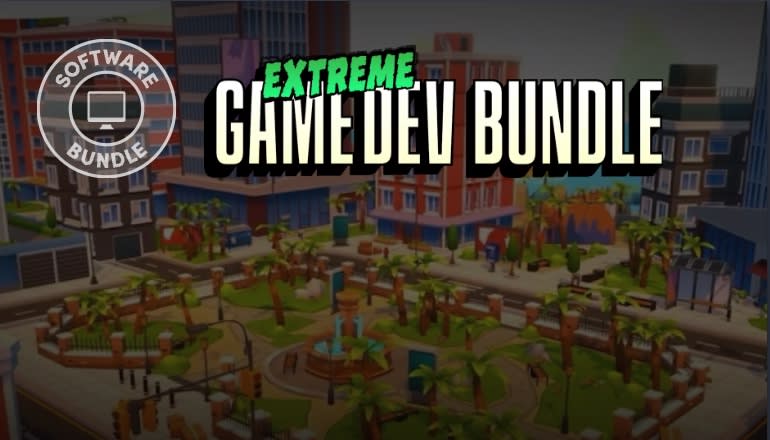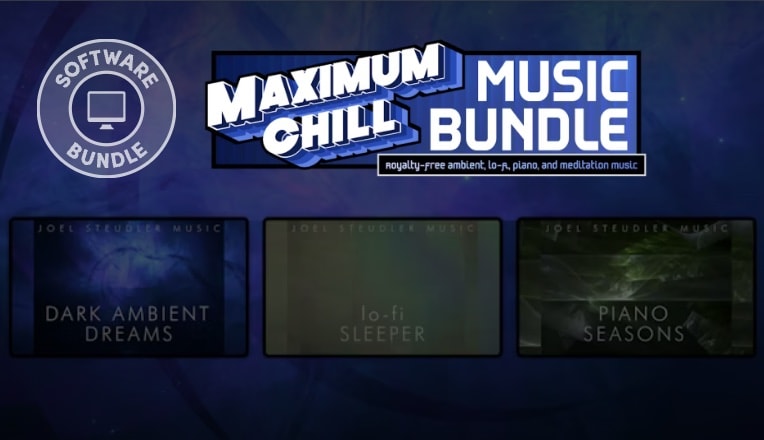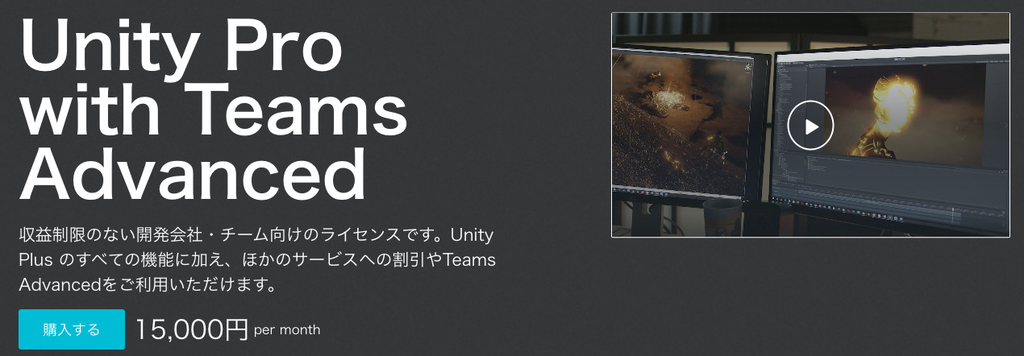
Links:
Official Website
Online Documentation
Modulo provides a method of visual programming in Unity by connecting logic nodes together in state machines. Rather than being 'yet another visual scripting tool' aimed at making games without code, Modulo is specifically designed to help programmers and designers collaborate. It provides a simple but powerful framework for programmers to script logical building blocks that designers can then configure, combine, and experiment with. It is an effective tool for constructing and visualizing the flow of complex logic trees, such as dialog trees or behavioural AI.
Modulo has a number of features that are similar to other visual programming solutions, as well as a few things that set it apart:
* A fully Unity-integrated editor is provided for editing visual scripts (called 'modules').
* Each state machine in a module acts similarly to a method/function in programming.
* Designers can define variables pass around data within a module.
* A sophisticated execution model supports multiple coroutines of execution, and a separate context for each state machine invocation.
* Transition conditions are nodes too, and these can be chained in AND/OR configurations to construct complex decision trees.
* Debugging features: Set breakpoints, log messages to the console, follow execution of a module, watch changes in variables.
* Common usability features: zooming, panning, resizing of UI components, node grouping, copy/paste, tabs, annotations, undo/redo.
* Nodes and groups can be color-coded.
Features of interest to programmers:
* Creating new node types is simple and intuitive. A collection of base node classes are provided to hide the complexity of common use cases.
* The system can be easily extended to support additional types of Modulo variables, including ones that act as references to objects in scenes.
* A robust mechanism is provided for checking modules for errors.
* Object allocation is kept to a minimum to avoid GC spikes.
* Custom editor scripts are defined for nodes in the usual Unity way, meaning that how a node is configured is entirely up to the programmer.
* A mechanism is provided for saving and loading the state of all module runners in a scene.








